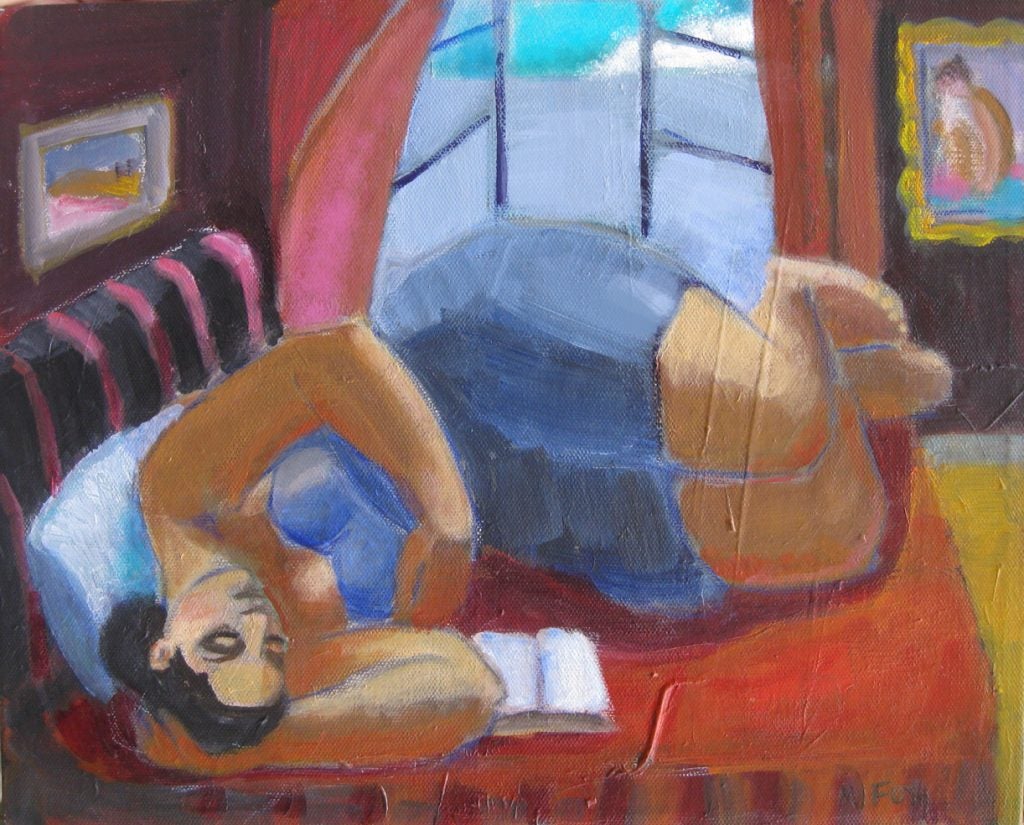Reading on Purpose: Finding Duds, Gems, and Books Worth Recommending
It has been a full decade since I’ve read a book of my own, singular choosing. What I mean is that every book I’ve cracked open and read in the past ten years has been read because of some friend, colleague, teacher; some review, prize, or list; some class, job, or writing goal dictated that the book was a must-read. The last book I read was a Man Booker finalist, the one before that was written by an old professor of mine, and the one before that had been both on the New York Times Bestseller list for weeks and adapted into a movie. The books on my to-read list are just as semi-known, semi-vetted. Don’t misunderstand — I still read widely (in fiction, at least), and I don’t feel constricted by the focus recommended reading gives me. But I also can’t stop thinking of how I used to read. Wildly, haphazardly, with no safety net.
Reading on Purpose: Finding Duds, Gems, and Books Worth Recommending Read More »
It has been a full decade since I’ve read a book of my own, singular choosing. What I mean is that every book I’ve cracked open and read in the past ten years has been read because of some friend, colleague, teacher; some review, prize, or list; some class, job, or writing goal dictated that the book was a must-read. The last book I read was a Man Booker finalist, the one before that was written by an old professor of mine, and the one before that had been both on the New York Times Bestseller list for weeks and adapted into a movie. The books on my to-read list are just as semi-known, semi-vetted. Don’t misunderstand — I still read widely (in fiction, at least), and I don’t feel constricted by the focus recommended reading gives me. But I also can’t stop thinking of how I used to read. Wildly, haphazardly, with no safety net.








